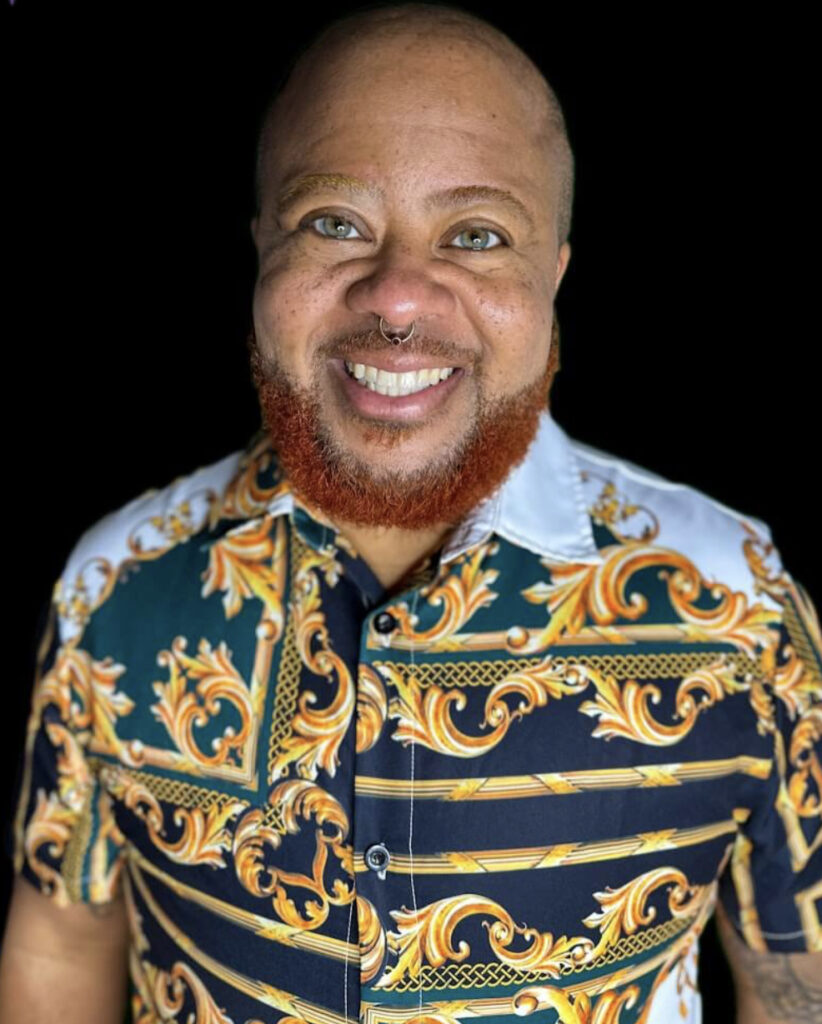Fathers in North Carolina, and across the United States, are experiencing a slow, but revolutionary upgrade in roles, expectations, and opportunities as parents and partners. The father version that was most common in the family market of the 20th century was designed for a different time, with functional emphasis on family protection and wage earning. In low-income and minority families, the father was largely seen as an optional upgrade, as scores of young fathers were incarcerated during the war on drugs. Policies that did exist to support families were often as focused on preserving traditional family values, than supporting the families struggling to provide for their children in the context of poverty. Indeed, the very presence of a father-figure in the home was a barrier to support.
But those were policies of the past, for the fathers of the past. Today, more men than ever before are in caregiving roles. Father-figures represent many different relationships and arrangements; single fathers, non-resident biological fathers, LGBT fathers, foster parents, grandfathers, and uncles. The Fatherhood 2.0 men all share two main features: 1) a strong desire to provide a safe, stable, and nurturing relationship for their children, and 2) involvement with services, systems, and societies that are still stuck in the past. Fathers in active caregiving roles are engaged with medical providers, home visitors, early childhood programs, educational settings, and child welfare systems that were designed for the prior version. Not only are these settings not “father-friendly”, they are not equipped to interface with today’s fatherhood technology. For example on some program enrollment forms, there is not a “father” option for taking contact information. There are many examples of ways to improve messaging to include fathers.
As a social work researcher, this is a huge opportunity for social change. However, change is hard, even when it appears to be a “win-win” for all involved. We know that engaged fathers can uniquely improve outcomes for children, and can provide a huge boost for their partners and co-parents, but we know little about how to upgrade these systems to actively engage fathers. This is what we tried to accomplish with the WAGES-UNC Fatherhood Support Study. This study was funded through the Fatherhood Research & Partnership Network. We partnered with one of the best Head Start programs in the state (WAGES), with a strong commitment to fatherhood involvement, and tried to better understand how to engage them in support services. We used an existing parent support program model, Circle of Parents®, and rigorously evaluated the outcomes. You can read the full report here. Although there were some positive results for fathers, engagement with all fathers was a challenge. Our research-practice partnership is now approaching this problem from a community-based participatory research approach; asking fathers to design and implement a model that they develop tailored to the needs of fathers in Wayne County, North Carolina.
Fatherhood 2.0 programs need to be functional, efficient, and effective. Perhaps the best way to develop and test these programs is to make sure we keep the “end-user” at the center of our design efforts.
